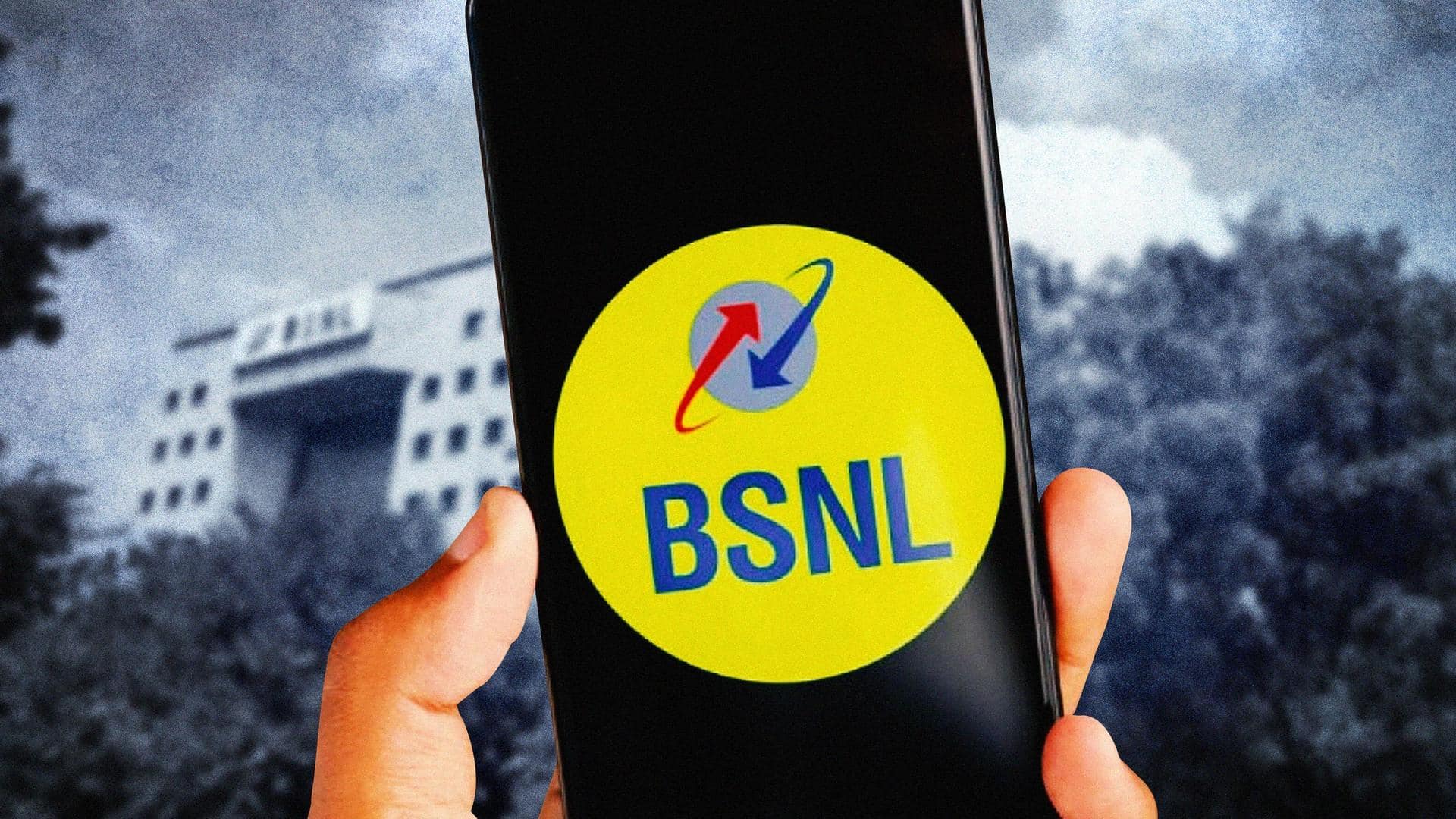
BSNL is re-emerging from shadows: How is telco reviving itself
What's the story
There was a time when state-owned Bharat Sanchar Nigam Limited (BSNL) was synonymous with India's telecom sector. But things went downhill after private players took over the market. However, the erstwhile telecom giant is now on a recovery path. BSNL's revival is centered around extra capital, new policies, and more services. Let's see how the company plans to regain its lost glory.
Context
Why does this story matter?
The first decade of this century witnessed the rise and fall of BSNL. The PSU's decline gave the reins of India's booming telecom sector to private companies. The last decade saw the once-competitive sector becoming a duopoly with the arrival of Reliance Jio. Only Airtel has managed to withstand Jio's onslaught. A revived BSNL will make the sector more competitive.
4G & 5G
Lack of 4G and 5G affected BSNL
While its competitors were reaping rewards from 4G, BSNL was without a live 4G network across the country. The same story goes for 5G too. India recently celebrated the launch of 5G by private players. The public telco still did not have a 4G core. The lack of 4G and 5G has been BSNL's Achilles heel.
Change
BSNL's 4G will be live in 2 weeks
Things are about to change for BSNL, though. The company has started setting up a 4G network at 200 sites and will go live in two weeks, said Union Minister Ashwini Vaishnaw. "After testing for three months, we will be doing 200 sites a day," said Vaishnaw. By November-December, with a small software update, BSNL's 4G will become 5G.
Capital
Government has been infusing capital into BSNL
The government has been trying to revive BSNL for a while by infusing capital. In 2019, it allotted a package worth Rs. 70,000 crore for the revival of BSNL and MTNL. Three years later, in 2022, the government cleared an even bigger Rs. 1.64 lakh crore package to bring BSNL back to life. The government hopes BSNL will become profitable by FY27.
Market share
BSNL is aiming for 15-20% market share in 3 years
Recently, BSNL managing director Pravin Kumar Purwar said the company is targeting a 15-20% market share in the next three years. The telco currently controls 9% of the market, much below Reliance Jio's 38.5% and Airtel's 35.5% market share. In the next five years, BSNL plans to invest Rs. 30,000 crore in network gradation. It aims to reach more areas of the country.